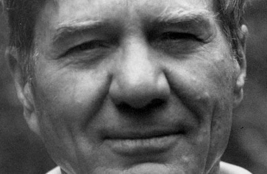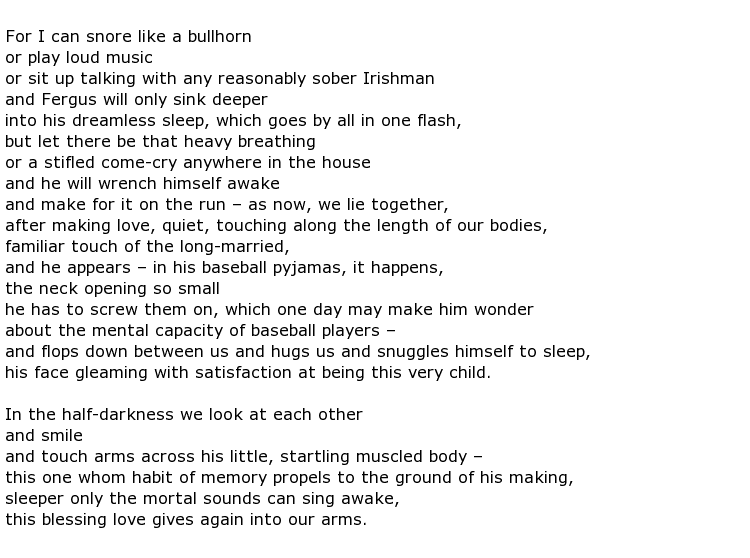 Galway Kinnell was an American Pulitzer Prize-winning writer whose collection of poetry called Selected Poems won him that award in 1982. He also served as the state of Vermont’s Poet Laureate between the years 1989-1993.
Galway Kinnell was an American Pulitzer Prize-winning writer whose collection of poetry called Selected Poems won him that award in 1982. He also served as the state of Vermont’s Poet Laureate between the years 1989-1993.
He was born on the 1st February 1927 in the Rhode Island town of Providence although he spent all of his formative years in Pawtucket, close by. He was a studious boy and enjoyed reading the poetry of Emily Dickinson and Edgar Allan Poe, amongst others. He identified with writers like this who were solitary people as he was a somewhat introverted child. He won a place at Princeton University, graduating with a Bachelors’ degree in 1948 and followed this with a Masters’ from the University of Rochester.
Like many educated young men he had the urge to travel, covering much of Europe and getting as far as the Middle East. During the 1960s he was caught up with the great surge of Civil Rights campaigning and he became a member of the Congress of Racial Equality. His efforts on behalf of racial integration led to his arrest at some point and he further risked his freedom by protesting, and withholding task revenues, against the Vietnam war. He wrote a long poem of book length on this subject called The Book of Nightmares.
Given Kinnell’s strong social conscience it is understandable that a lot of his work focussed on social problems although he did write about other subjects besides. He often touched on spirituality and the natural world while occasionally introducing shocking, often brutal imagery into poems such as The Dead Shall be Raised Incorruptible. This poem describes burning bodies after a nuclear attack and he does not hold back in his contempt for authorities who wage war on ordinary people in such a horrific way.
His anger is tempered though by the suggestion that if everything in the world was perfect then nobody would be inspired to write poetry. While this is a worthy sentiment it is not, clearly, necessarily true. Like all poets he has his inspirational literary figures and, in Kinnell’s case, he would include writers such as Walt Whitman amongst those. He rarely slipped into fantasy or imaginary worlds and much of his work features real events or aspects of real life. One of his best known pieces, and one that is most often seen in American anthologies of poetry, is the poem After Making Love We Hear Footsteps. Any set of parents with young children will relate to the message in this that states that there is an inevitability that as soon as mummy and daddy get down to enjoying their under-the-covers intimacies the sound of tiny footsteps will surely follow. Perhaps little “Fergus” will make a sleepy entrance during the act, but hopefully it will be afterwards. Here is the poem:

Kinnell was responsible for a large output of poetry but he also did some translation work, especially the work of the German poet Rainer Maria Rilke. He also wrote an adult book called Black Light, published in 1966, and one for children in 1982 called How the Alligator Missed Breakfast. He was still writing into his late 70s and his final collection came out in 2006. Strong is Your Hold was described as a genial, somewhat meditative piece of work and included a touching tribute to the 9/11 outrage of 2001 called When the Towers Fell.
Galway Kinnell died of leukaemia at his home in Vermont on the 28th October 2014 at the age of 87.

